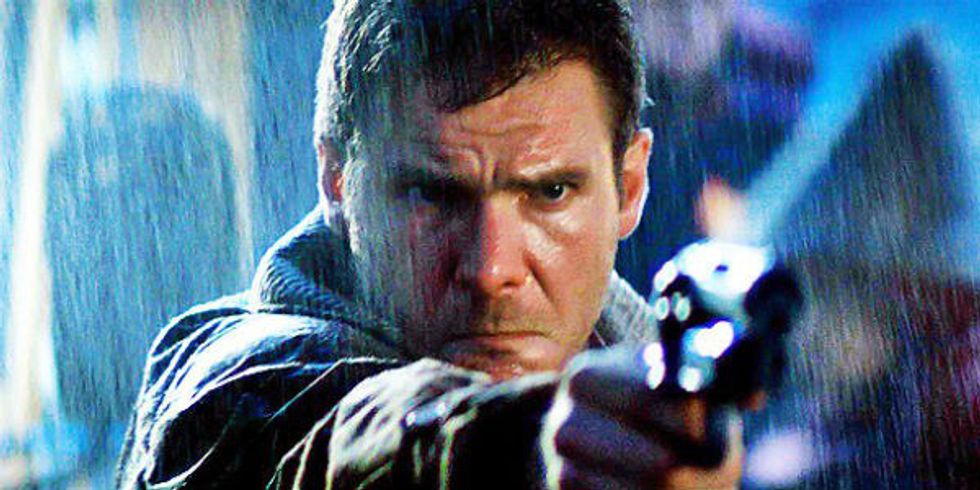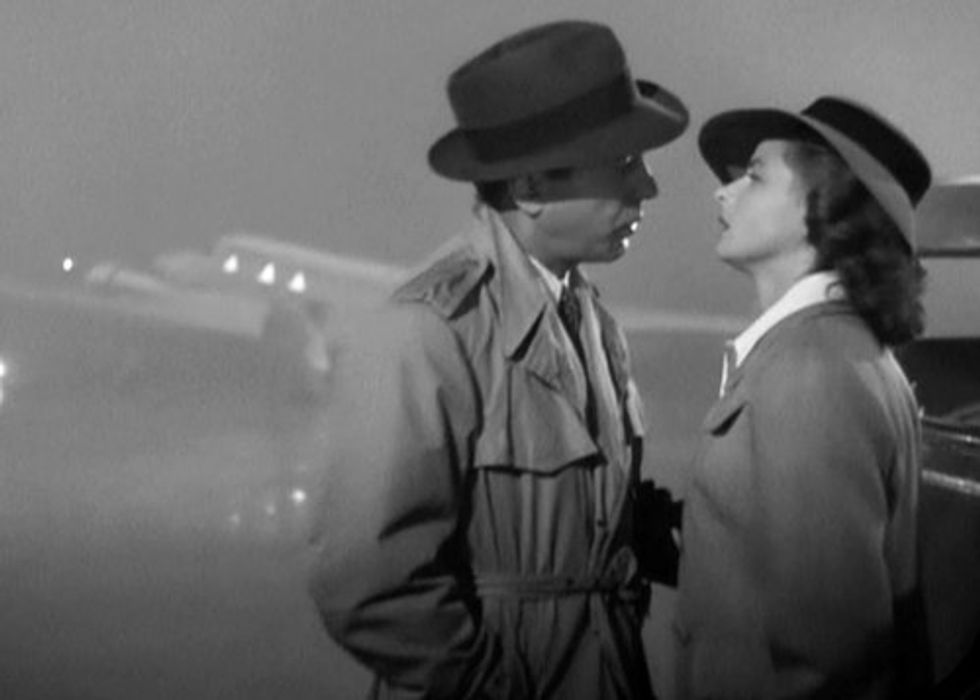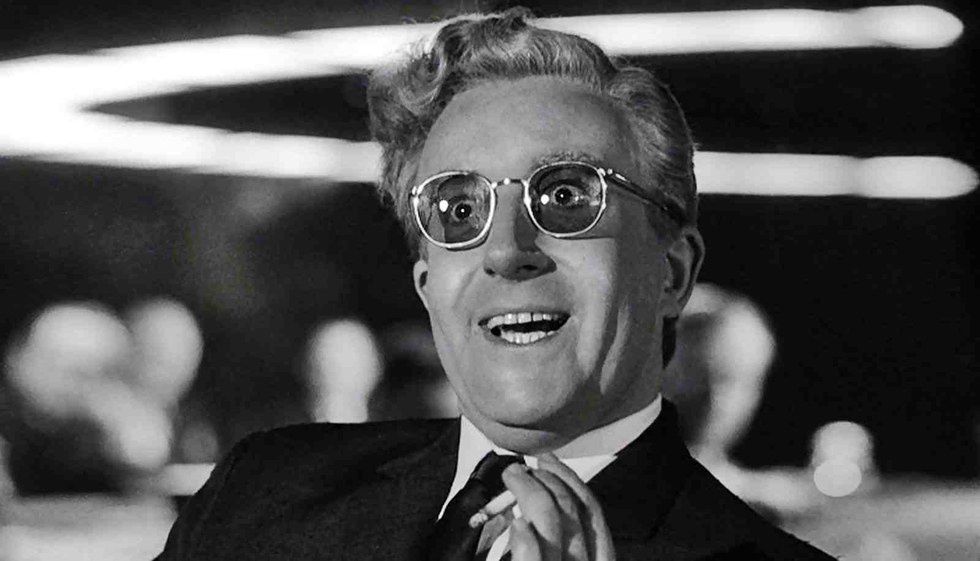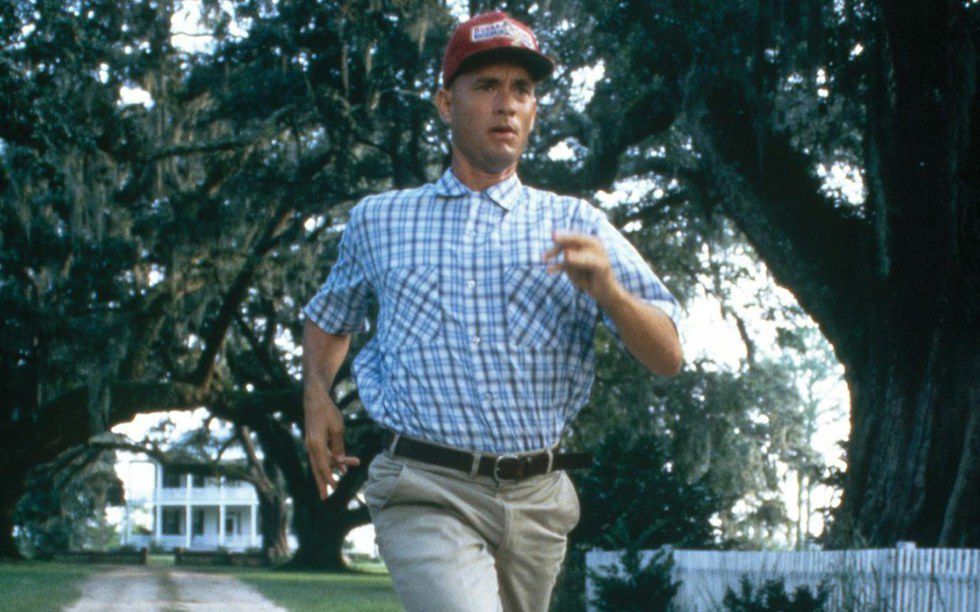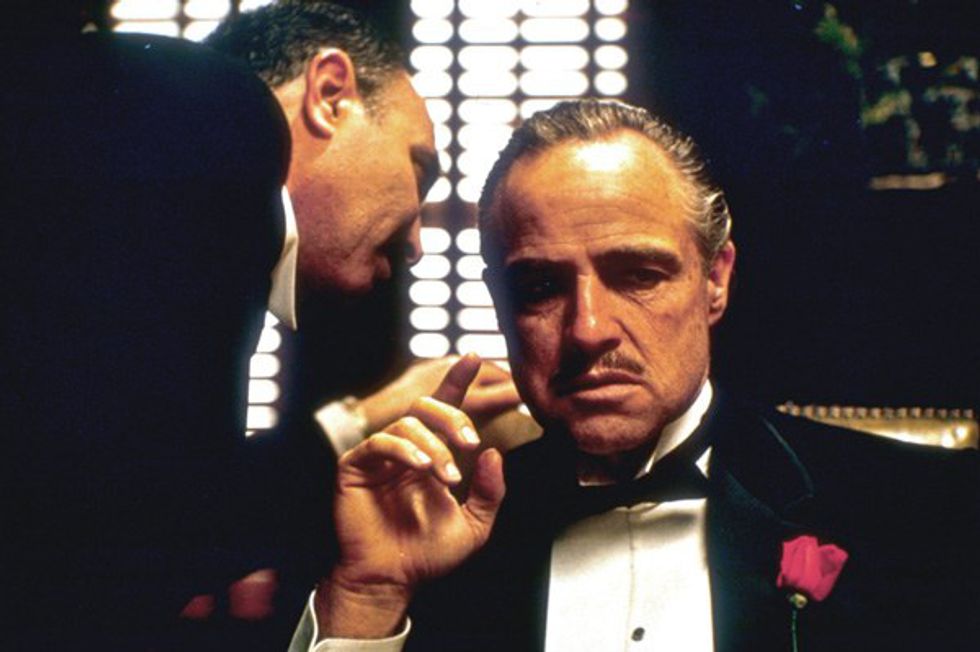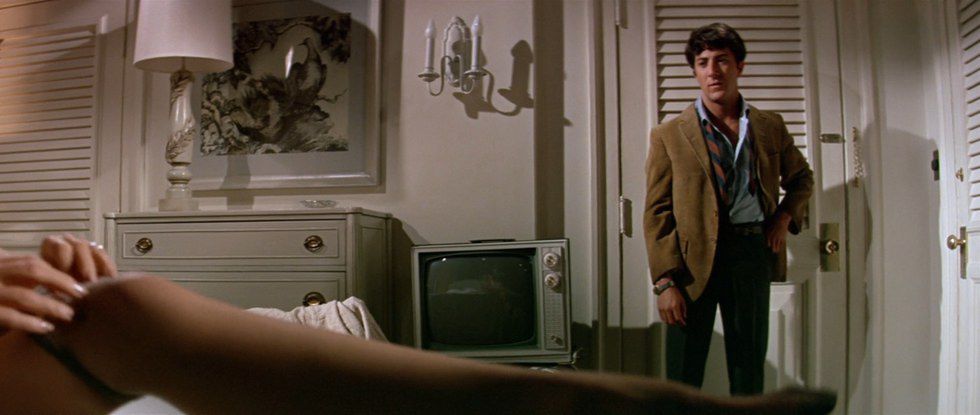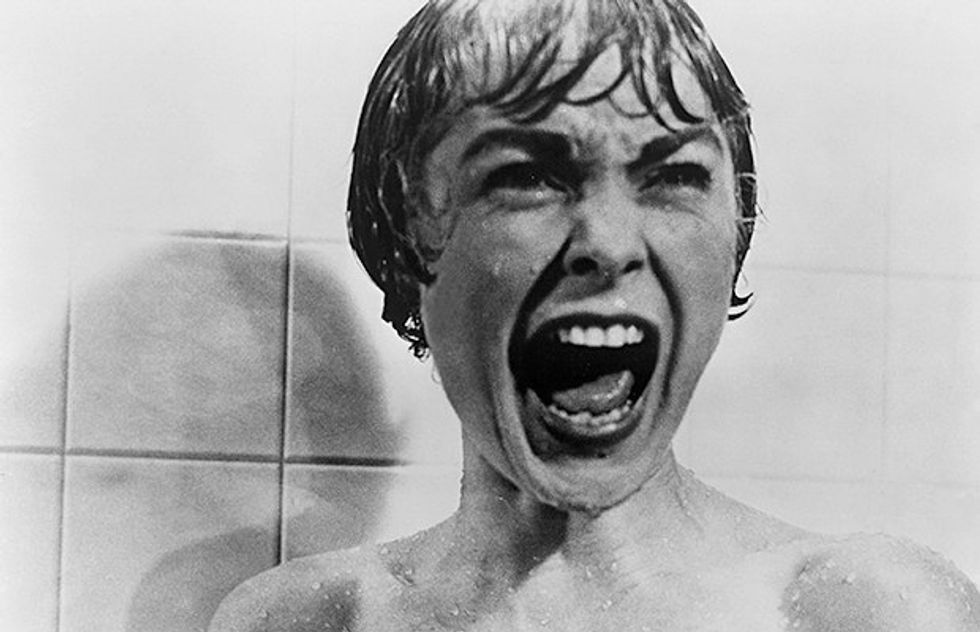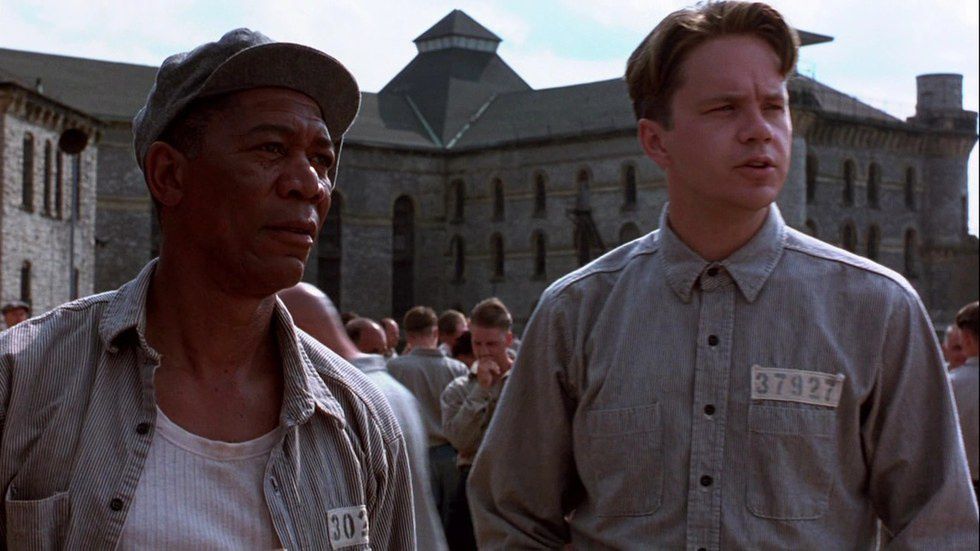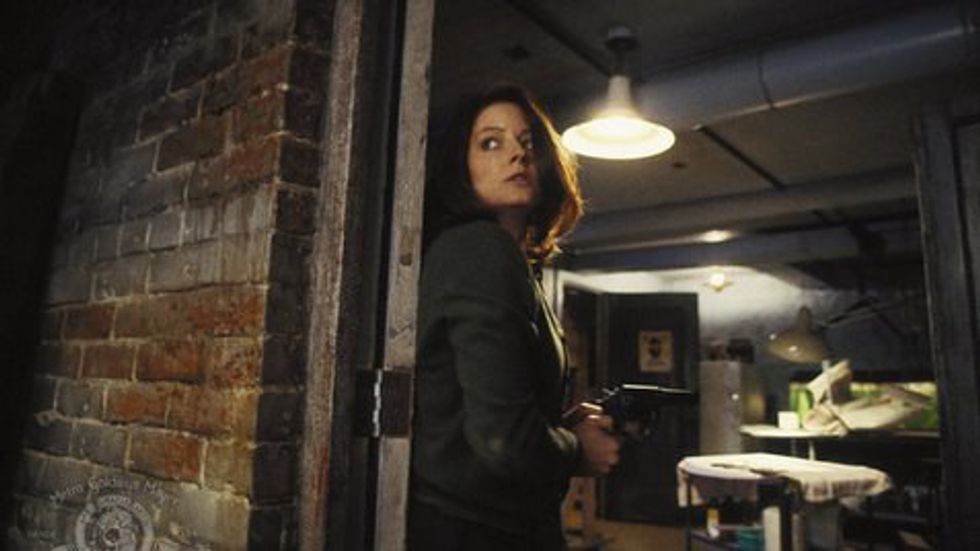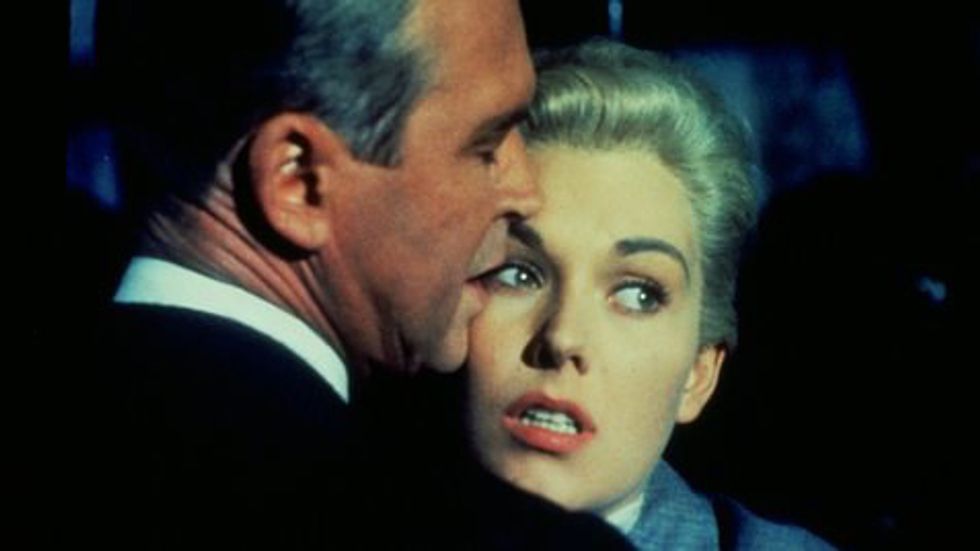There’s always a big discussion that happens in the movie industry every year, the lack of original content. Nowadays it seems that every movie that comes out is a superhero movie ("Deadpool," "Captain America: Civil War" and "Suicide Squad") or a movie based off of a video game ("Angry Birds" and "Warcraft"). It seems that things have gotten so bad that they are actually in the process of developing an emoji movie as we speak. Many movie fans wish we can go back to the glory days where cinema's best directors are creating new fresh ideas. However, unknown to many, some of the biggest and most critically acclaimed films of former generations were not original ideas. In fact, a lot might surprise you like they surprised me. The following list is 10 classic movies that come from adapted sources. Now, some may be obvious, but I tried to pick a lot that were thought to be original ideas.
All the films on this list are adapted from another source, such as a novel, a play, a biography, etc. And in order to prevent me from listing off indie darlings that many have never heard of or films with mixed opinions that I happen to love, the following films have to appear on one or more lists of the greatest movies of all time (IMDB, AFI, BFI). Lastly, this is not intended to rate the movies or pit them against each other, so the list will be in alphabetical order. Without further ado, here is the list.
1. "Blade Runner"
"Blade Runner" is the massive sci-fi hit by Ridley Scott. In the film, Harrison Ford, an ex-blade runner who hunts down four replicants (androids that look like and act like humans) that committed mutiny on the Off World Colony. Unknown to many, the film is adapted from the Philip K. Dick novel “Do Androids Dream of Electric Sheep?” Dick is known for coming up with the idea while doing research for "The Man in the High Castle," which deals with the Nazi’s conquering the world. Dick was given access to historical documents from S.S. officers that are kept at the University of California at Berkeley. While reading the diaries written by the S.S. officers, he found many of them unbearable to read due to their cruelty and lack of empathy. After seeing this, Dick began to hypothesize that Nazis were so emotionally flawed that the word human can’t be applied to them, even though they look like and appear to be human. This lead to him writing the novel where the androids (later renamed replicants in the film) appear human, but really aren’t.
2. "Casablanca"
"Casablanca" is the 1942 hit that stars Humphrey Bogart and Ingrid Bergman. In the film, Bogart plays the owner of a popular bar in Casablanca, Morocco, who runs into his former lover. Unknown to many, the film is adapted from the play “Everybody Come to Rick’s” by Murray Burnett and Joan Alison. To this day, "Casablanca" is considered a classic and is one of the best movies ever made. The funny thing is that in '80s, when the film was sent to script reader’s at major production companies under its original name, many of the readers complained that it was “not good enough” or there was “too much dialogue” and “not enough sex."
3. "Dr. Strangelove: or How I Learned to Stop Worrying and Love the Bomb"
Dr. Strangelove is a Cold War satire by Stanley Kubrick. Throughout Kubrick’s career, he did many adaptations of books, and this was one of them. The idea of the film comes from Peter George’s novel “Red Alert." There is a big difference between the film and novel though; the book is a suspense novel, while the film is played as a black comedy. The plot of the story deals with a crazy general, Jack D. Ripper (Sterling Hayden), setting off nuclear warheads and sealing himself off, preventing anyone from stopping him. While the film is truly hilarious, largely in part to the comedic genius Peter Sellers playing Group Capt. Lionel Mandrake (Ripper’s nervous sidekick), President Merkin Muffley and Dr. Strangelove, it was actually quite frightening because this could all really happen. Thank goodness the film was made because after seeing it, policies were changed to prevent this from ever happening.
4. "Forrest Gump"
I remember as a young child that whenever you were flipping through the channels, there were always two movies you could find to watch: "Titanic" and "Forrest Gump." This just proves how ingrained and beloved this classic film is, but many people do not know it was originally a book first. Robert Zemeckis’ classic film starring Tom Hanks was originally a novel by Winston Groom. When many people think of Tom Hanks, this is the first movie they think of. This won Hanks his second Oscar after winning the year before for "Philadelphia." However, it turns out that Hanks wasn’t the first choice to play Forrest. It is said that Bill Murray, John Travolta and Chevy Chase were all offered the role, but all three of them turned it down. Travolta has admitted it was a huge mistake.
5. "The Godfather Part I and II"
"The Godfather" is quite possibly the best movie ever made. It received huge critical acclaim, and always finds itself near the top of any list ranking the best movies of all time. "The Godfather Part II" doesn’t do too badly itself, winning six Oscars including Best Picture, Best Adapted Screenplay, Best Director (Francis Ford Coppola) and Best Actor in a Supporting Role (Robert De Niro), and also finding itself on similar lists. What many people don’t know is that "The Godfather" was originally a pulp novel by author Mario Puzo. Unknown to many, the classic first film had a hard time being made. The project was turned down by 12 different directors. Paramount executives eventually offered it to the little-known Francis Ford Coppola who passed at first, finding the material “sleazy." Coppola eventually took the job, and it’s a good thing he took it. The entire "Godfather" trilogy earned Coppola four Oscars and three nominations.
6. "The Graduate"
"The Graduate" is an American classic that introduced the world to Dustin Hoffman and the Simon and Garfunkel classics "Mrs. Robinson" and "The Sound of Silence." It turns out that this classic film was adapted from Charles Webb’s novellas of the same name. The film centers around the socially awkward Ben Braddock (Dustin Hoffman), who has an affair with his father’s business partner’s wife, Mrs. Robinson (Anne Bancroft). Mike Nichols saw how important awkwardness was to Ben’s character that he turned down the already known Robert Redford. When Redford approached Nichols about this, Nichols asked him, “Have you ever struck out with a girl?” Redford then asks him, “What do you mean?” Nichols then responds, “That’s precisely my point.”
7. "Psycho"
"Psycho" is the master of horror’s most famous film. Alfred Hitchcock’s film focuses around a young Phoenix secretary (Janet Leigh) who steals money from her employer's client and runs away, eventually finding herself checking in at the Bates Motel. Alfred Hitchcock’s name will always be connected to this film, but he was not the person who came up with the idea. "Psycho" was a suspense novel written by Robert Bloch, which Hitchcock anonymously bought the rights to for only $9,000. For anyone who ever thinks of this film they automatically think of the frightening shower scene. When Janet Leigh watched the film for the first time, she was deeply affected by the shower scene, even though it didn’t bother her while filming. She later said that seeing it on the big screen made her realize how vulnerable a woman is in the shower. For the rest of her life, Leigh only took baths.
8. "The Shawshank Redemption"
When people hear the name Frank Darabont, they automatically think of "The Walking Dead." When people hear the name Stephen King, they automatically think of horror novels such as "The Shining." What many people may not realize is that these two names connected to horror created one of the best feel good movies ever made. This happened in the '90s when Darabont directed the film version of Stephen King’s novella "Rita Hayworth and The Shawshank Redemption." The thing that I find very funny is that the two and a half hour film about an innocent man sent to jail is based off of a book that is only 88 pages, but yet, magically, Darabont does not add anything that is not in the book. It just shows how much emotion is packed to those 88 pages.
9. "The Silence of The Lambs"
"The Silence of The Lambs" is the 1991 thriller by Jonathan Demme. The story about a young FBI cadet (Jodie Foster) attempting to track down a serial killer by conversing with the insane Dr. Lecter (Anthony Hopkins) became an instant classic while pulling a win in every major category of the Oscars that year (Best Picture, Best Director, Best Adapted Screenplay, Best Actress in a Leading Role, Best Actor in a Leading Role), being the third film since "It Happened One Night" and "One Flew Over The Cuckoo’s Nest" to do so. However "The Silence of The Lambs" was a novel written by Thomas Harris in 1988. Unknown to many (including myself up to now) the novel is a sequel to the book "Red Dragon," which centers on the brilliant but psychotic Hannibal Lecter. "Red Dragon" was actually adapted into the film "Manhunter" in 1986 by Michael Mann. While the film did very poorly at the box office, it developed a cult following, most likely because of the success and great reception to "The Silence of The Lambs."
10. "Vertigo"
"Vertigo" is the Alfred Hitchcock classic starring James Stewart. Even though it is not his most well known film, it is considered his best by movie fans (it is number one on the British Film Institute's list of best films). In the picture Stewart plays John “Scottie” Ferguson, a former detective who has developed acrophobia and is asked to investigate the activities of an old friend’s wife (Kim Novak). "Vertigo" was initially a novel by Boileau-Narcejac (a pseudonym for both Pierre Boileau and Pierre Ayraud) titled "D’entre les morts," which translates to "The Living and The Dead." In the film Scottie suffers from acrophobia, which is a fear of heights. But yet because of the title, many people began to confuse vertigo and acrophobia and associate vertigo with a fear of heights.




